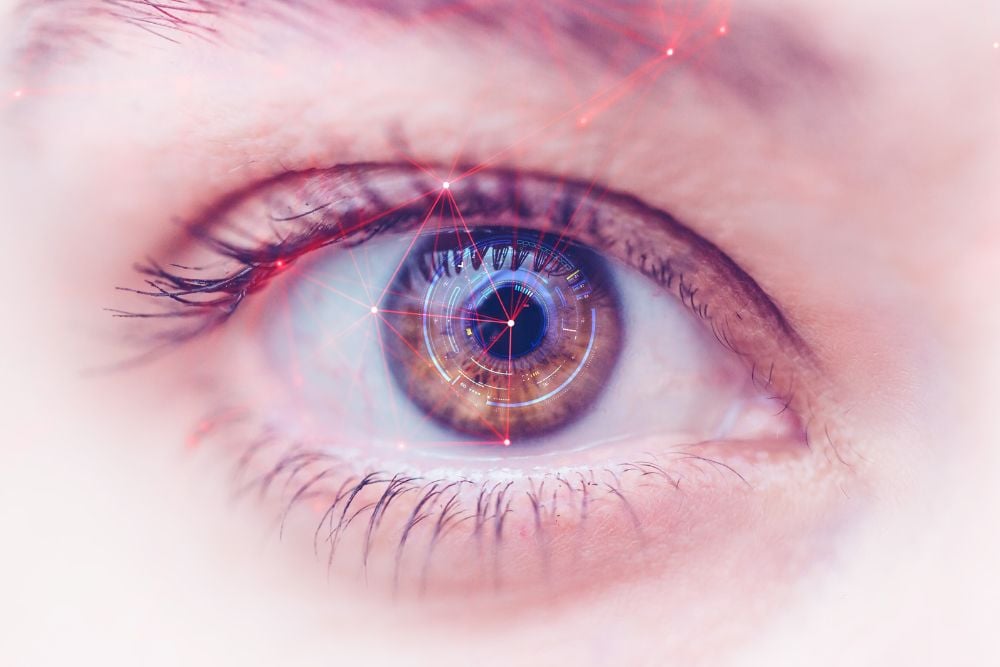Understanding the Retina: How It Impacts Your Vision

The retina plays a vital role in your vision by translating the light into signals that your brain can interpret and form into an image. It consists of two parts: the macula and the peripheral retina. The macula is the central part of the retina that processes what’s directly in front of you. The peripheral retina fills in the edges of your field of vision (your peripheral vision).
How the Retina Works
After passing through the lens at the front of your eye, light hits the retina. The retina is home to millions of photoreceptors, which are cells that respond to light by converting light energy into electrical signals. These signals then travel through the optic nerve to your brain, allowing you to see and perceive the world around you.
Retinal Conditions and Disorders
Various conditions can impact the retina, including:
- Age-related macular degeneration (AMD): A condition that causes a gradual deterioration of the retina, affecting central vision.
- Diabetic retinopathy: A complication of diabetes, in which elevated blood glucose levels damage the blood vessels in the retina.
- Retinal tears and detachments: A retinal tear occurs when holes or breaks form in the retinal tissues. This can progress to an even more serious condition known as retinal detachment, which occurs when the retina is peeled off the back wall of the eye and out of position.
- Flashes and floaters: Floaters appear as ever-changing shapes and forms slowly drifting through your field of vision, while flashes look like light bursts or streaks.
- Macular conditions: Conditions like holes and puckers impact the macula, making it difficult to perceive straight-ahead, fine images, and engage in close-up activities such as reading.
- Retinal vein occlusions: Blockages caused by blood clots or fatty deposits in the retinal vascular system responsible for supplying blood to the retina through arteries.
Retinal Condition Symptoms
Common symptoms of retinal conditions and disorders include:
- Blurry vision
- Loss of peripheral vision
- Light sensitivity
- Double vision
- Sudden worsening of vision
If you experience any of the above symptoms, you should consult with a retina specialist as soon as possible. These eye care professionals undergo extensive additional training to specifically diagnose and treat retinal conditions.
Schedule an Appointment Today
The retina plays a pivotal role in how you see the world. Therefore, it’s crucial to keep up with regular eye appointments and see a retina specialist as soon as you notice any changes in your vision. The expert team at Southeastern Retina Associates can effectively address any retinal concerns. If you experience any of these symptoms, please see your regular eye doctor as soon as possible and they may refer you to our office.

